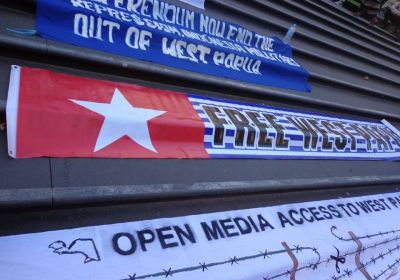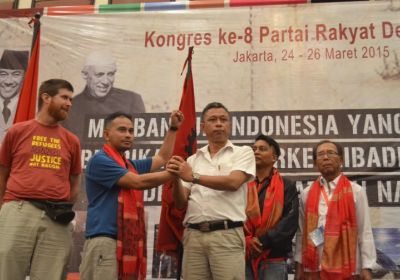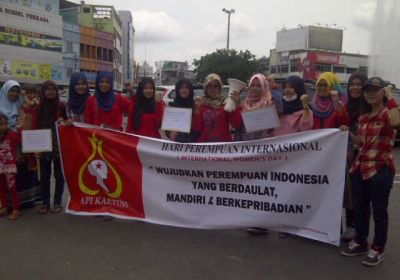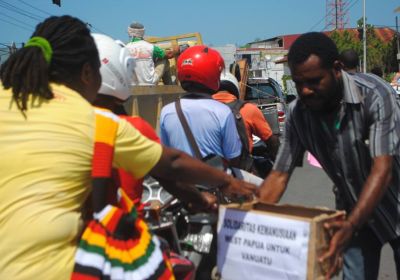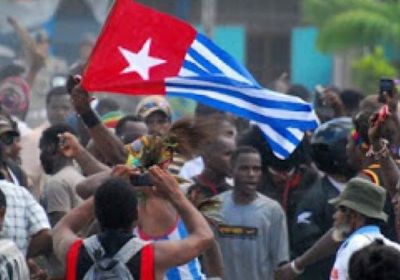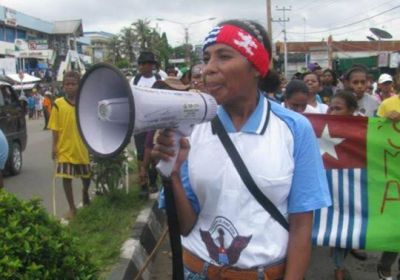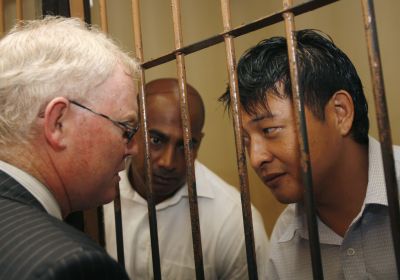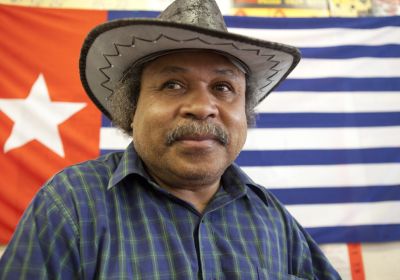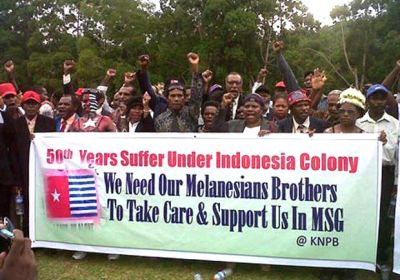
The brutal determination of Indonesian President Joko Widodo to kill two Australian citizens comes as no surprise to West Papuan independence activists, who say they share Australia's pain.
A West Papuan independence activist, who has been in exile for 12 years after escaping the Indonesian-controlled province, has called on the Australian government to look on “in sympathy [and] in pain” for his own people, who are being “killed like animals” after the execution of two Australians.
